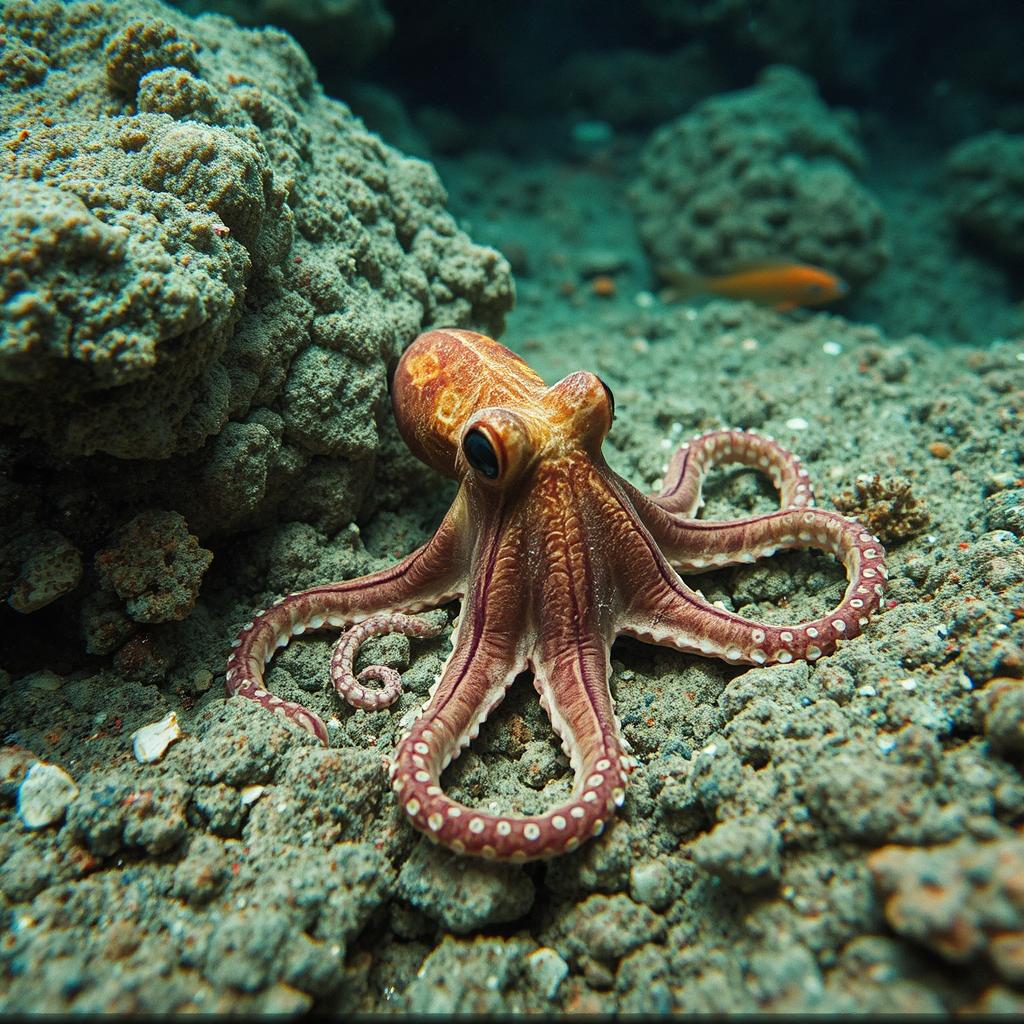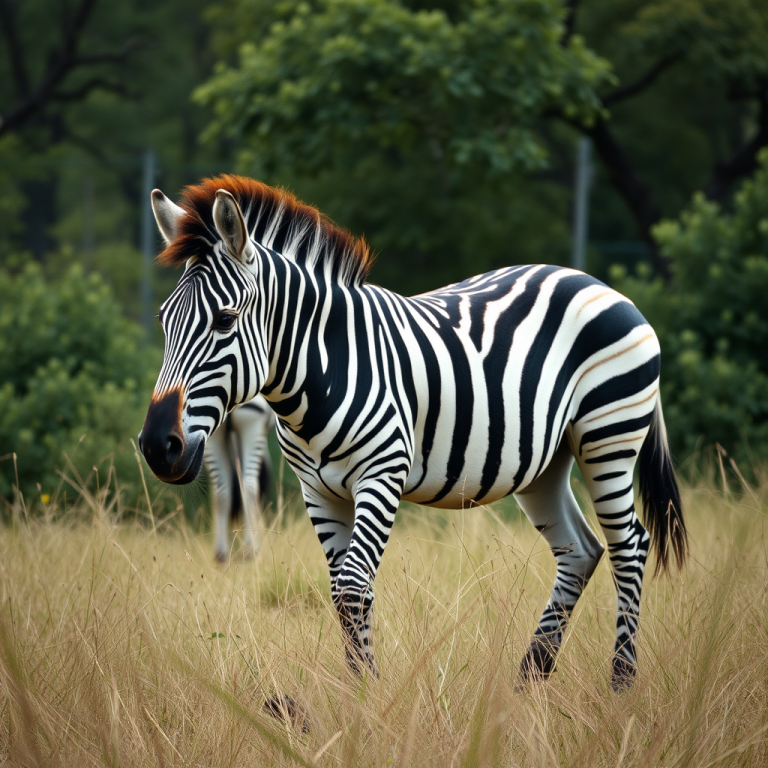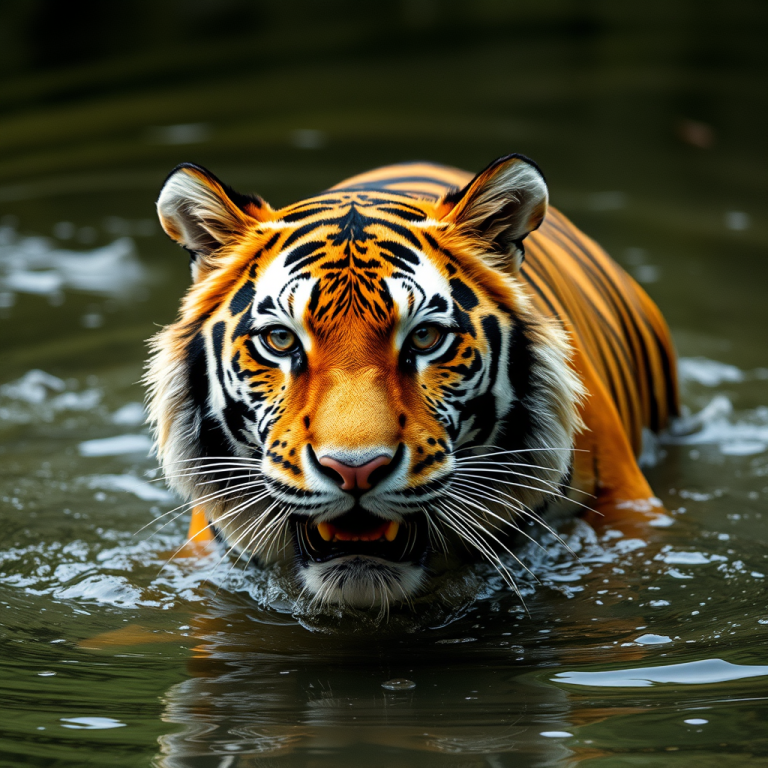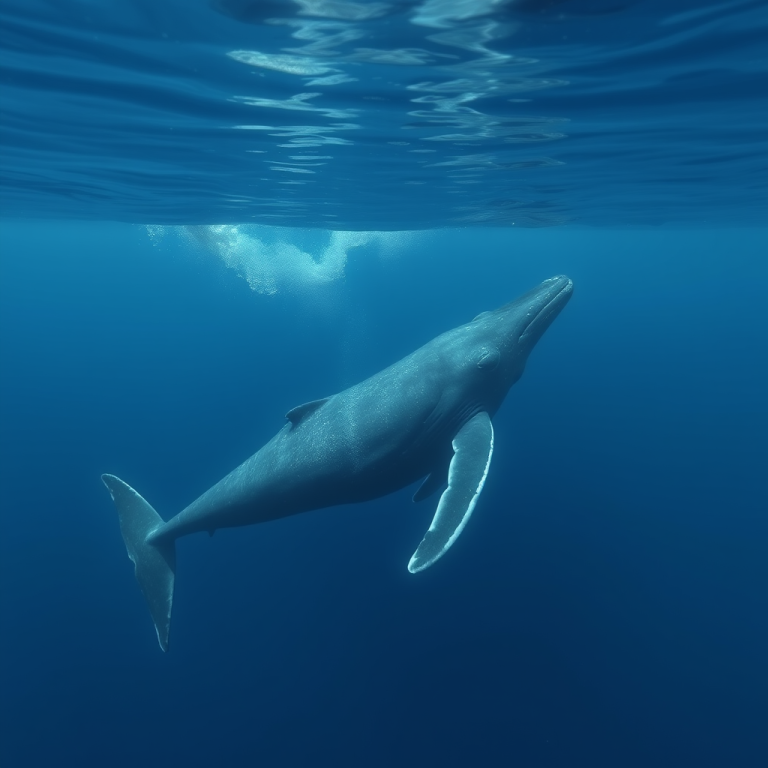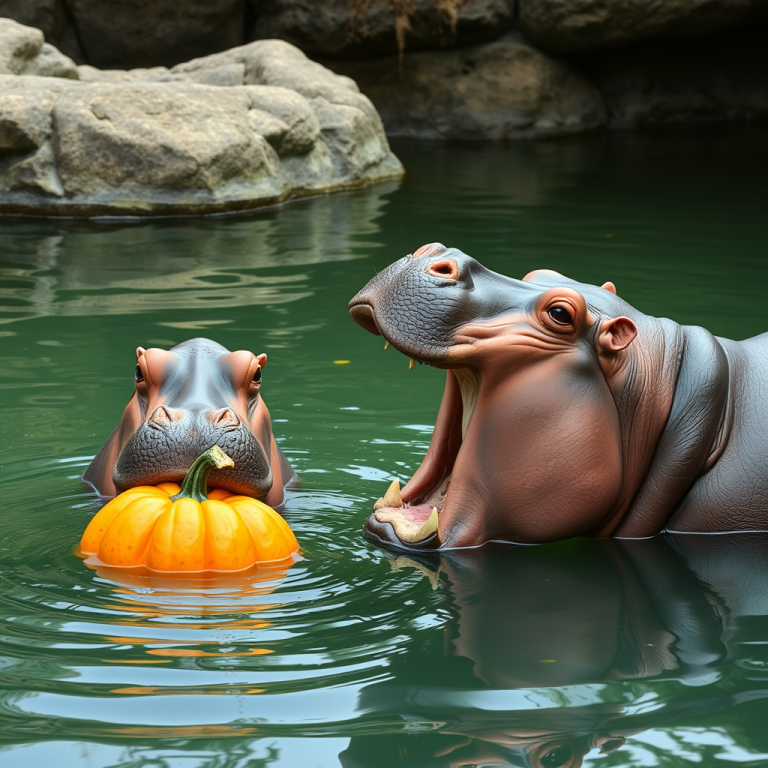Surprising Facts About Octopuses: Nature’s Mastermind of the Sea
Octopuses are among the most enigmatic and intelligent creatures in the ocean. While many are aware of their ability to change color or squirt ink, these remarkable animals possess a range of extraordinary traits that continue to astound scientists and ocean enthusiasts alike. Here are some lesser-known facts that showcase the octopus’s unique adaptations and behaviors.
1. Three Hearts and Blue Blood
Octopuses have not one, but three hearts. Two hearts pump blood to the gills, while the third circulates it to the rest of the body. Interestingly, the heart responsible for systemic circulation stops beating when the octopus swims, which is why these creatures prefer crawling over swimming—it’s less exhausting.
Additionally, their blood is blue due to a copper-based molecule called hemocyanin, which is more efficient than hemoglobin in cold, low-oxygen environments.
2. Arms with Minds of Their Own
Octopus arms are incredibly autonomous. Containing about two-thirds of the octopus’s neurons, each arm can taste, touch, and even act independently of the central brain. This means an arm can continue to move and react even if severed from the body.
3. Masters of Camouflage
Despite being colorblind, octopuses are experts at camouflage. They can change their skin color and texture in under a second to blend seamlessly with their surroundings, aiding in both predation and evasion from predators.
4. Tool Users of the Deep
Octopuses have been observed using tools, a trait once thought to be exclusive to humans and some primates. The veined octopus, for example, collects discarded coconut shells and uses them as shelters, showcasing problem-solving abilities and foresight.
5. Short Lifespan with Intense Reproduction
Most octopus species have a semelparous reproductive strategy, meaning they reproduce only once in their lifetime. After mating, females lay thousands of eggs and guard them diligently, often not eating during this period. Post-hatching, both males and females typically die, completing their life cycle.
6. The ‘Octopus Garden’ Phenomenon
In a remarkable discovery, scientists found thousands of octopuses gathering in a geothermal area off the coast of California, known as the “octopus garden.” Here, the warm waters from undersea volcanoes accelerate egg development, reducing hatching time from over four years to about 21 months, thus decreasing exposure to predators.
7. Emotional Connections
Octopuses have been observed engaging in behaviors that suggest emotional responses. They exhibit curiosity, playfulness, and even affection towards their human caretakers in captivity, indicating a level of emotional complexity previously underestimated in invertebrates.
8. Sentience and Ethical Considerations
Recent studies have provided evidence that octopuses are sentient beings capable of experiencing pain and distress. This has led to increased advocacy for their protection under animal welfare laws, reflecting a growing recognition of their complex cognitive and emotional lives.
If you’re curious about the wonders of wildlife, stick around—there’s a whole world to explore at Wonder of Wild.
